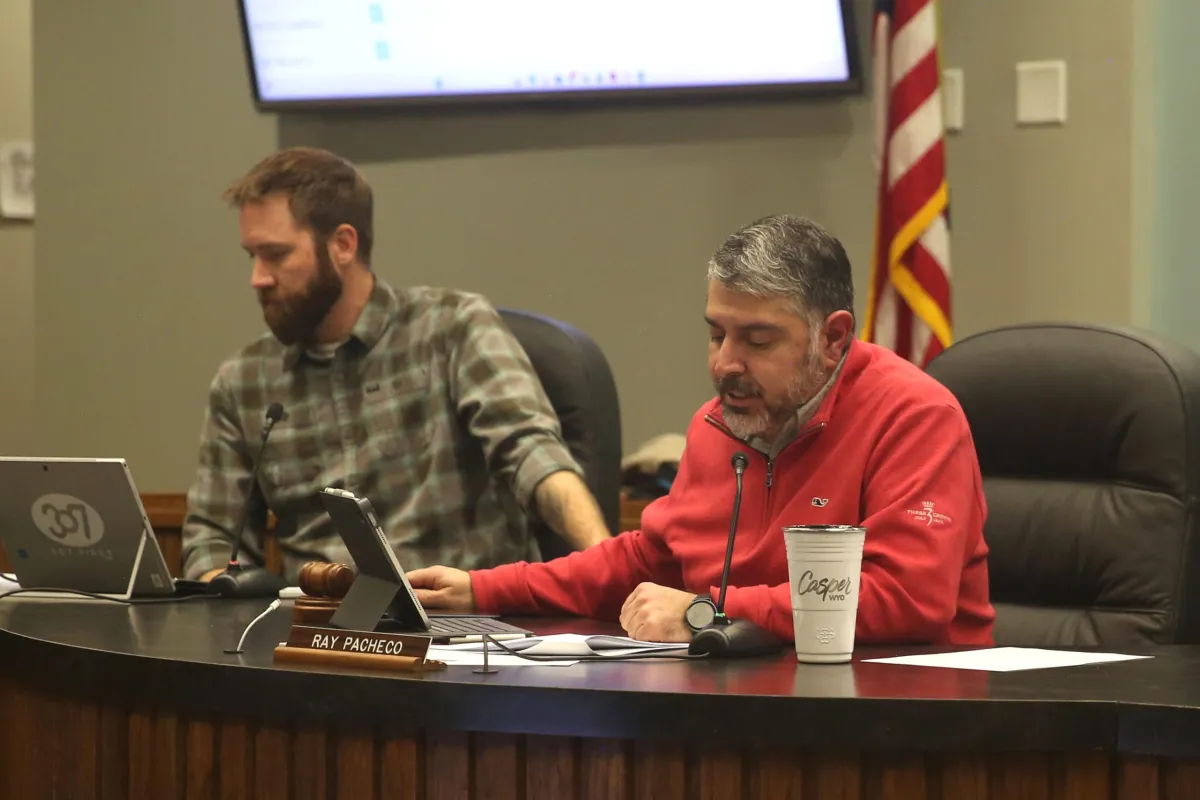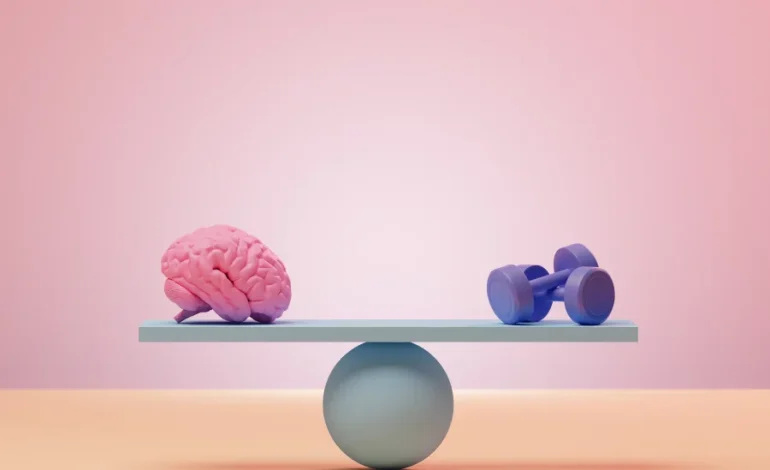You don’t need to run marathons or cut out pizza to boost your brain health — but a little effort in the right places might go a long way.
That’s the big takeaway from a new US study that’s giving older adults real hope for keeping their minds sharp. Researchers found that a combination of exercise, healthy eating, brain training, and social activity actually slowed down cognitive decline — with participants performing like they were one to two years younger on thinking tests.
“This is the strongest evidence we’ve seen that lifestyle changes can help preserve brain function as we age,” said Dr. Laura Baker, lead researcher at Wake Forest University.
The study, called US POINTER, followed over 2,100 people in their 60s and 70s who were mostly sedentary and at higher risk of developing Alzheimer’s or dementia. For two years, half the participants were coached through a structured lifestyle program, while the other half were simply encouraged to make healthy choices on their own.
Here’s what the structured group did:
- Exercised four times a week (cardio, strength, and stretching)
- Ate the MIND diet, rich in leafy greens, berries, fish, and whole grains
- Did online brain games and cognitive challenges
- Engaged socially at least once a week
- Monitored blood pressure and blood sugar
The other group received educational materials and occasional check-ins — a DIY approach.
While both groups improved mentally, the high-structure group saw bigger gains, especially in executive function — things like planning, multitasking, and decision-making.
You’ve heard it before: blueberries are good for the brain. But the experts behind this study say it’s not about one superfood or one trick. It’s the full package — body, brain, and community — working together.
“Americans want a simple answer, but there isn’t one,” said Dr. Jessica Langbaum of the Banner Alzheimer’s Institute, who wasn’t involved in the study. “It’s a lifestyle shift — and the results are worth it.”
The improvements were subtle but meaningful. Some participants lost weight, got off medications, or just felt more confident navigating daily life.
Phyllis Jones, 66, said joining the study was “the first time I felt like I was doing something proactive for my brain.” She lost 30 pounds, picked up a love for spinach-blueberry smoothies, and now works out in virtual reality with a global fitness community.
This isn’t a cure for Alzheimer’s, and the study didn’t prove that these changes prevent dementia. But by slowing normal cognitive aging, researchers hope the delay could eventually push back the onset of serious decline — giving people more quality years.
And let’s face it: with dementia rates climbing and healthcare gaps widening, finding accessible ways to support brain health is more important than ever.
That’s why the Alzheimer’s Association is investing another $40 million to turn these findings into community programs nationwide — especially in underserved areas.
You don’t need a clinical trial to get started. Here’s what researchers say you can do now:
- Move more — Even 10-minute sessions count. Aim for 30 minutes of moderate activity most days.
- Eat smarter — Add greens, berries, whole grains, and swap butter for olive oil.
- Challenge your mind — Try puzzles, learn a new skill, or join a book club.
- Stay social — Spend time with others, meet new people, or volunteer.
- Track progress — Set small goals and build momentum.
And don’t forget: consistency beats perfection. It’s not about overhauling your life overnight — it’s about forming habits that stick.
Researchers are clear: the benefits didn’t happen by accident. The structured group had coaching, support, and accountability — and that made sticking with the changes easier. Many participants said the social side was just as motivating as the workouts or brain games.
“The accountability mattered,” said Jones. “It didn’t just affect me physically. It changed how I felt about myself.”
More detailed results — including brain scans and blood work — are still being analyzed. But the early data is already making waves in the medical world.
Doctors may soon start “prescribing” lifestyle changes with the same seriousness as medication. And with tools like fitness apps, local programs, and virtual support groups, keeping your brain healthy might be more doable than ever.
The Associated Press, NPR, and the New York Times contributed to this report.










The latest news in your social feeds
Subscribe to our social media platforms to stay tuned